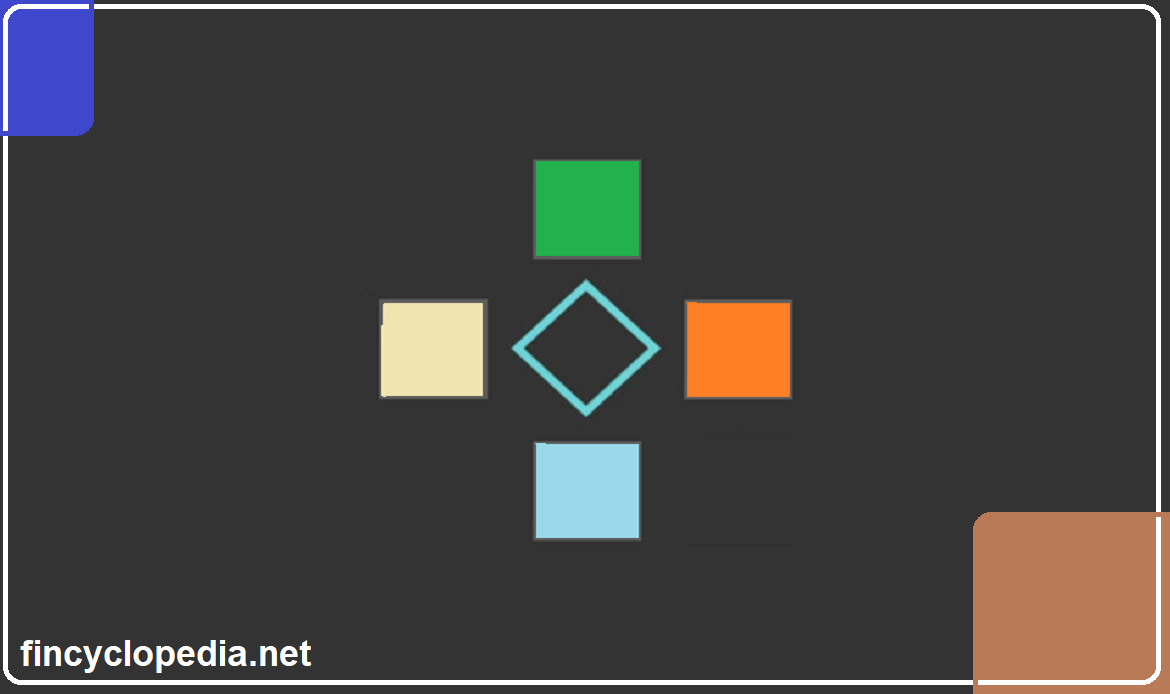
An Islamic bank usually has access to a number of “external” sources of funds (to finance its assets and operations), the most common of which are: current accounts (hisabat jariyah), savings deposits (wadaye’ idikahr), and investment deposits (wadaye’ istithmariyah).
- Current accounts: all Islamic banks provide current accounts to their clients- both individuals and businesses. These accounts are designed to meet clientele needs in terms of safe custody of deposits and convenience. The funds mobilized through current accounts are guaranteed by the Islamic bank. However, the depositor would not paid any return on his deposits on demand. Depositors authorize the bank to use their funds at its own risk. It follows that any profits produced from investing these funds will accrue to the bank, which also would bear any losses incurred from such investment. In operating current accounts, Islamic banks do not impose any conditions with regard to deposits and withdrawals (though clients are usually required to maintain a minimum amount in their accounts). Current account holders have the right to draw checks on their accounts. From a shari’a perspective, current accounts are nominated and structured on the basis of amanah (trust or fiduciary contract) or al-qard al-hasan (benevolent loan).
- Savings deposits: although all Islamic banks provide their customers with savings accounts, these banks quite differ in their definition of a savings account. These accounts are usually sought for safe custody of funds a degree of convenience in their use. They may reward their holders with some profits on the principle of al-wadi’ah. In general, the bank requests permission to use funds mobilized through savings deposits so long as these funds remain available to the bank. The depositors can withdraw their funds at any time and the bank guarantees to refund whenever instructed to do so. The bank may, at its own discretion, assign a portion of any investment returns (resulting from employing savings deposit funds) from time to time. Certain banks calculate profits (resulting from investing savings deposits) on the basis of the minimum balance maintained by a client for a month or so. Depositors participate in the profits of savings accounts with effect from the beginning of the month following the month of depositing. However, certain banks don’t calculate profits with effect from the beginning of the month in which a withdrawal was made. Other Islamic banks treat savings accounts as qard hasan funds (hence call such accounts “qard hasan deposits”), but to mobilize savings deposits, offer non-fixed bonuses (in cash or kind) and/or exempt depositors from payment of commissions/fees, wholly or partially. Nonetheless, other Islamic banks accept savings deposits as part of an investment pool (and hence treat them as investment deposits).
- Investment deposits: Islamic banks operate investment accounts on behalf of individuals or companies for a specific period (3, 6, 9, 12 months, or more). The return on investment is determined according to the actual profits earned from the investment operations undertaken by the bank. The profits are shared based on an agreed proportion between the bank and its depositors (this proportion is determined according to the amount of deposited funds and the period they are held by the bank). In practice, the invested amount is multiplied by a coefficient representing time of investment, and profits are distributed on a pro-rata basis. During the investment period (lock-up period), depositors do not have the right to withdraw from their accounts. However, withdrawals may be allowed under extreme circumstances where depositors are no more entitled to their shares of the profit for the withdrawn amount.







